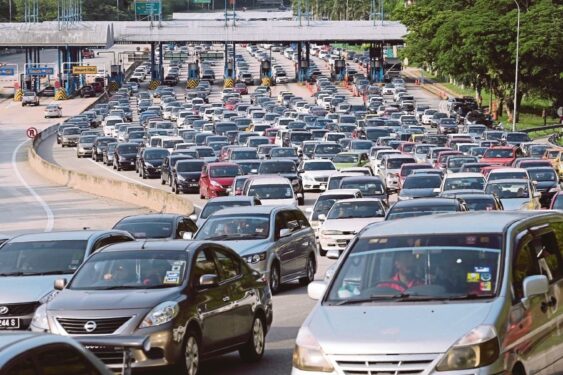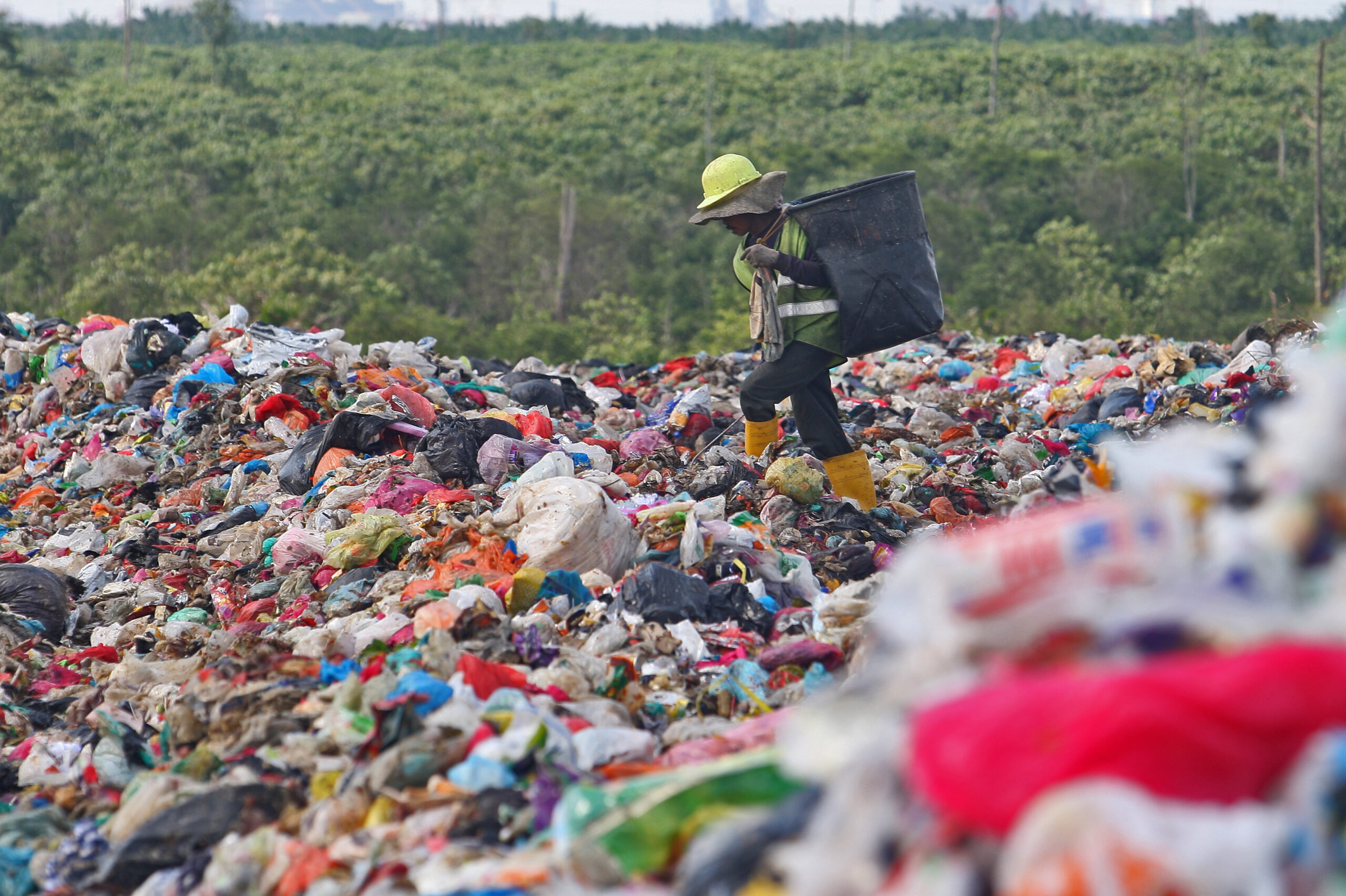AHEAD of Budget 2023, professional services company Deloitte is hopeful for more tax measures to push the environmental, social and governance (ESG) agenda, a top boardroom conversation and an important consideration in setting future business strategies.
Deloitte Malaysia tax leader Sim Kwang Gek said tax policies can play an important role in navigating businesses towards achieving inclusive development, green growth, sustainable development and strong governance.
In a pre-Budget statement to FocusM, Sim called for extended producer responsibility (EPR) legislation to extend a producer’s responsibility for a product to the post-consumer stage of a product’s life cycle, and sort them before their final treatment.
This as Malaysians reportedly dump over 30,000 tonnes of plastic waste into the sea yearly, with the country ranked in eighth place among nations that mismanaged plastic waste.

“Where electronic waste (e-waste) is concerned, Malaysia produces more than 365,000 tonnes of such waste annually, and it is expected to grow rapidly due to increasing usage of electronic devices,” Sim lamented.
She said EPR schemes can allow producers to exercise their responsibility either by providing the required financial resources and assuming the operational and organisational aspects of the process from municipalities.
“EPR is not new and has been implemented in a number of countries such as Canada, Australia, Japan, and South Korea,” she added. “Several countries in Asia such as China, Hong Kong, Singapore, Philippines, Vietnam and Indonesia are following suit.”
However, for EPR implementation to be considered successful in Malaysia, a holistic tax framework must be considered.
“Issues such as tax treatment on the deductibility of EPR-related costs incurred by the producers, contribution of EPR fees by businesses and taxability of such receipts must be ironed out, (while) a full tax deduction on the costs and exemption on the receipts, subject to certain parameters, should be accorded.”
“Time for environmental taxes”
On climate change, Sim said while Malaysia does offer tax incentives to encourage the adoption of green practices and green investments by businesses, environmental taxes should be introduced to prevent deterioration of the environment and encourage corporations and consumers to make sustainable choices.
“The UK, for example, has a number of environmental taxes, such as the climate change levy, landfill tax and plastic packaging tax, in an effort to meet its climate change objectives by 2050.
“Singapore has set out a roadmap on its carbon tax rate hike to meet its carbon neutral pledge,” she added. “Singapore’s carbon tax will be increased by 5 times from S$5 to S$25 per tonne of GHG emissions in 2024, followed by S$45 in 2026, before reaching S$50 to S$80 per tonne by 2030.”
Sim said Malaysia may consider similar measures to encourage businesses and consumers to adopt a behavioural change towards sustainable choices, adding that the announcement of a voluntary carbon market in Budget 2022 was welcomed and may be implemented alongside other tax measures such as a carbon tax to drive climate change objectives.

Even so, implementation of the carbon tax must take into consideration the overall cost burden to businesses, especially small and medium enterprises (SMEs), legal framework as well as availability and reliability of data.
Sim also called for strong tax governance to promote tax transparency and compliance.
“Allow voluntary disclosures without any penalties”
She proposed that the Government incentivise businesses to implement tax corporate governance frameworks (TCGF) by allowing voluntary disclosures without any penalties and full tax deduction on all governance and compliance-related costs such as sustainability reporting, tax compliance, TCGF implementation and transfer pricing documentation.
“Currently, voluntary disclosures made by businesses are still subject to penalties, albeit at a lower rate of 10% or 15% depending on the timing of the submission of voluntary disclosure, while a cap on tax deduction for tax filing and secretarial fees is set at RM15,000 per year,” she noted.
Last but not least, Sim said Malaysia should consider increasing the 10% cap or allow a double deduction on corporate social responsibility (CSR) donations or contributions to assist businesses in achieving their social objectives.
“A tax deduction for qualified CSR activities up to RM100,000 without the need to apply for prior approval from the Finance Ministry may also be explored.
“This not only encourages CSR but reduces administrative burden faced by businesses in the application process,” she said, adding that certain parameters for approved CSR activities can be drawn up to prevent abuse.
Sim also said while most executives are concerned about climate change, a gap exists between sentiments and action, as seen in the Deloitte 2021 Climate Check Pulse Survey where more than 30% of the respondents opined that environmental sustainability initiatives are being primarily driven by stakeholder pressure.
“Embracing ESG is key towards having a sustainable future for the world we are living in. Having a robust ESG tax policy within the overall national ESG framework would support businesses to pivot towards this mindset.” – Sept 29, 2022









